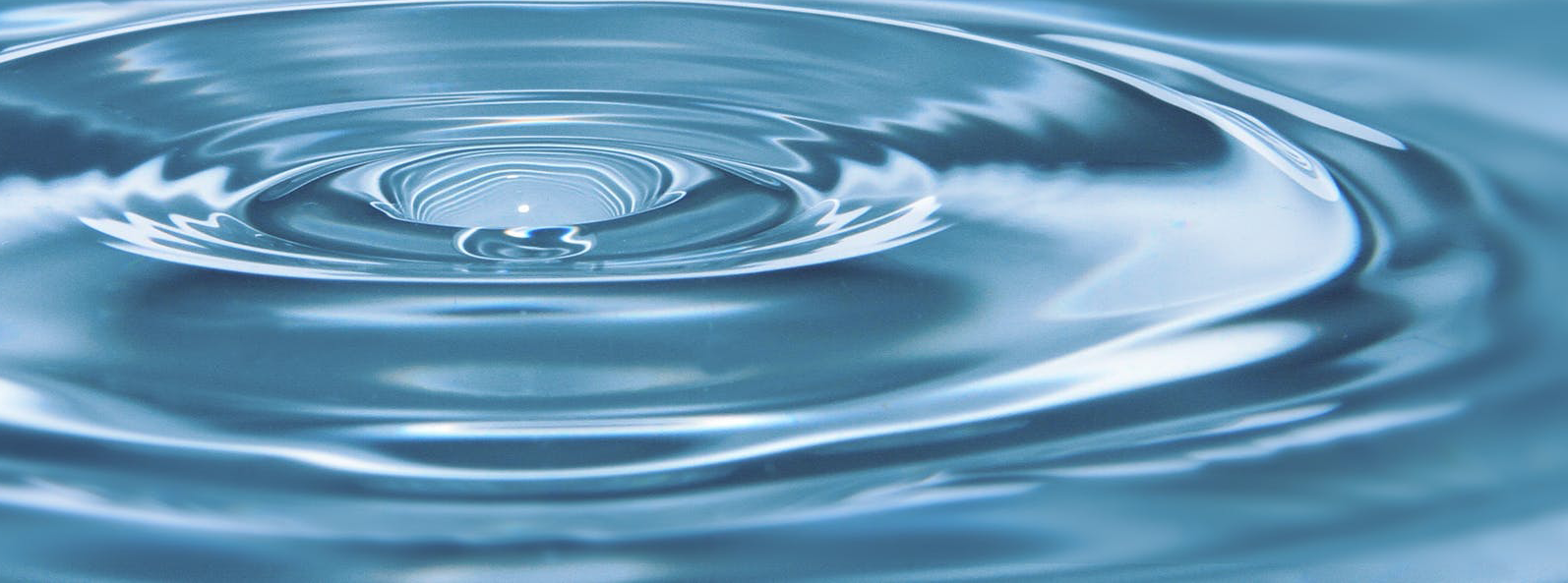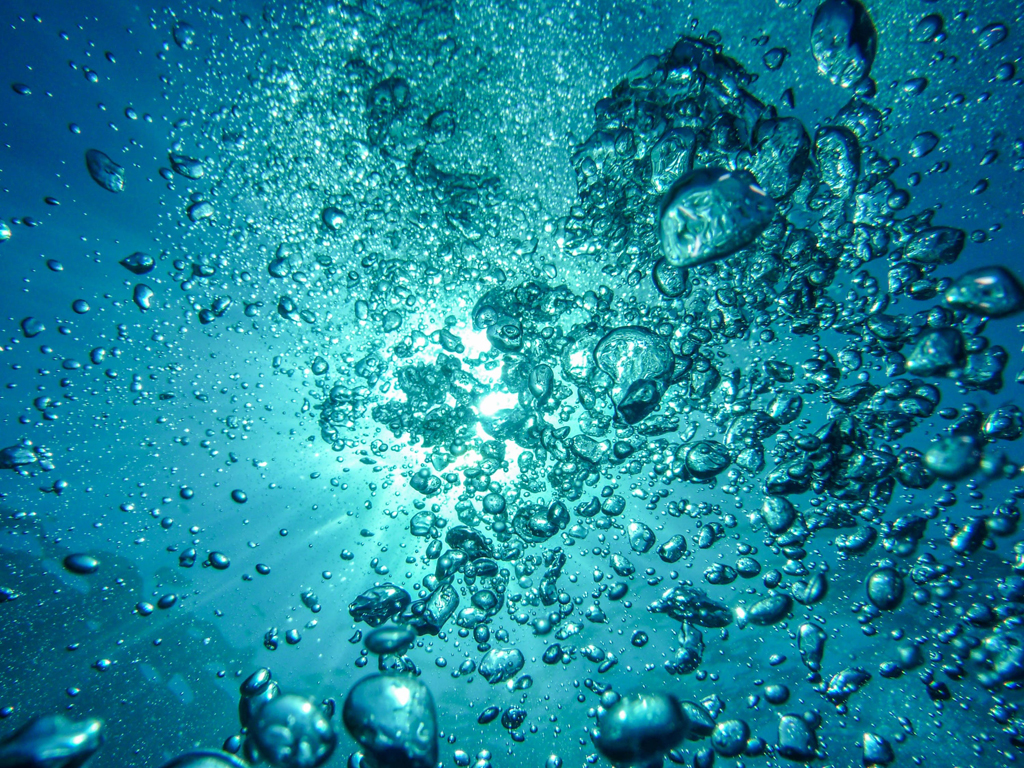
Water and Equality - A Sea of Opportunities

The irony of studying methods of water treatment is that it actually uses up a lot of clean water. I develop photocatalysts – materials that can initiate chemical reactions when light shines on them – and use them to remove pollutants from water. In order to do this, I need samples of water with known contaminants, so that I can track their removal over time by the photocatalyst. Over the course of my research, I have added many hazardous chemicals and pathogens to clean, de-ionised water, amounting to large volumes of contaminated aqueous waste.
This is a factor of all environmental remediation research – in order to see if you can fix a problem, you need to simulate it under controlled lab conditions. Sometimes, we make breakthroughs and the effort was all worth it, and sometimes we don’t, and it’s extremely frustrating. But it’s all knowledge gained, and the sacrificial water that was contaminated for the experiment brought us one step closer to painting a fuller picture of the work that needs to be done, and how our skill sets can be used to address the problem.
In Scotland, it’s hard to see this as a problem as we go about our day-to-day tasks. We can easily refill the de-ionised water bottles in our lab from a departmental water supply, tens of litres at a time. In our personal lives, we can grab a drink of water from the kitchen tap whenever we like, shower for as long as we want, brush our teeth with the tap running, and use fresh water from the taps to water our houseplants. With the convenience of our lives, it is easy to feel disconnected from where our water comes from, and the extent of cleaning it has to go through to get to our taps.
This is not a global phenomenon, and many people are not so fortunate as to be oblivious to the value of water. It is clear that we need water to survive, but the extent of the opportunities afforded to us by having easy access to clean, safe water is not so clear. As a woman in STEM, I have faced barriers my male colleagues have not, and there is a lot of work that still needs to be done to change this, but the fact that I have been able to access such an exceptional education and career opportunities is, in part, due to water.
In many communities, treated water is not freely flowing from taps in multiple rooms of every home, and people have to walk for miles to collect water and bring it home. This often falls to the women and girls to do, while the men work. This prevents young girls from receiving an education, and therefore limits their opportunities in life, due to something as basic as water – something we have freely flowing whenever we want. As well as exacerbating gender disparity, limited access to safe water contributes to socioeconomic inequality. For individuals living in areas without access to clean municipal water supplies, often the only available water is contaminated and can lead to illness, which many cannot afford to treat, or will lead to time off work and further financial difficulties.
Therefore, water has much more value than simply being something we need to quench our thirst. When the entire world has easy access to safe water, we are also one step closer to equality.
Victoria Porley, University of Edinburgh
